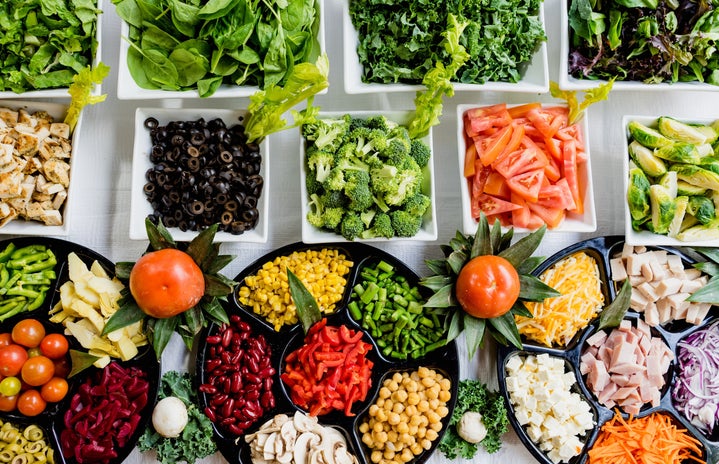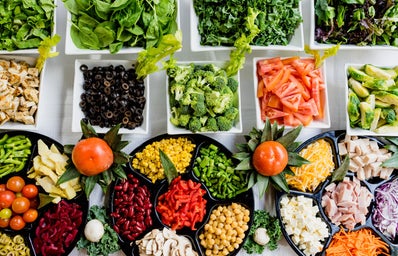I was skimming through Facebook recently (probably procrastinating on the mountains of reading or problem sets I actually should’ve been doing) and I saw a video—we all know the type—of an automated dumpling machine that boasted it could make upwards of something like 300 dumplings in an hour. Recently, the newest gimmick hitting the markets seems to be the glorified food-making devices that include the aforementioned dumpling machine, the sushi bazooka, and other automated or even manual devices that will simplify oftentimes ethnic and, in this case, Asian, food in order to allow for many audiences to be able to make it.
While this concept/the machines in general are not culturally offensive to me at any great extent, I find issue with the idea that many audiences will likely use these devices to make food for large crowds, and many will in turn judge their experiences with these foods and, in turn, cultures, by their experiences with these automated devices. The unfortunate thing about this situation is that a large aspect and a very important part of these foods, namely sushi and dumplings (gyoza in Japanese or mandu in Korean) is the idea of making something by hand to be fed to a family member/loved one. The very concept of making sushi is that someone who has been trained for years upon years is imbuing all their love and training and hard work into one small little rice patty with a piece of fish on top. Sushi is simplistic in paper definition; however, when it comes to the real meaning behind it, is largely symbolic of something bigger and more important by far. Onigiri, or rice balls, are typically made for children by their mothers in order to pack a healthy-ish/compact lunch item to take to school. The mothers make rice balls by shaping rice into triangle or round patties with their hands and some salt water. They think and plan ahead in order to make sure their children are well-fed and happy.
Sort of on the same topic, one of the newest shorts by Pixar, Bao, is about a uniquely Chinese-American experience of parenthood using the metaphor of an adorable, handmade dumpling. This film was met with worldwide confusion and misunderstanding (was it cannibalism? racism?) and this confusion is indicative of a greater misunderstanding of the culture of Asian/Asian-American food and the role it plays in familial and personal lives.
The point I’m trying to make here is the food that is largely represented by Asian culture is food that is typically indicative of more than just a yummy mouthful. Love, care, and passion is put into every food item, and making a machine that cuts dumpling-making time into tenths of what it was before kind of… takes that meaning away. From my experience, Asian mothers/parents aren’t particularly vocal in their love for their children, but they will do everything they can to make sure their child has enough to eat. Taking that and mass-producing it seems almost cruel.
I don’t mean to make this an article bashing the usage of your sushi bazooka or onigiri mold or, if you’ve got the $1500+ to pay for it, your automatic dumpling machine. However, please don’t ever let those machines define what Asian/Asian-American food/heritage is for you. For me, food is love. I hope it can come to mean the same for you, too.

